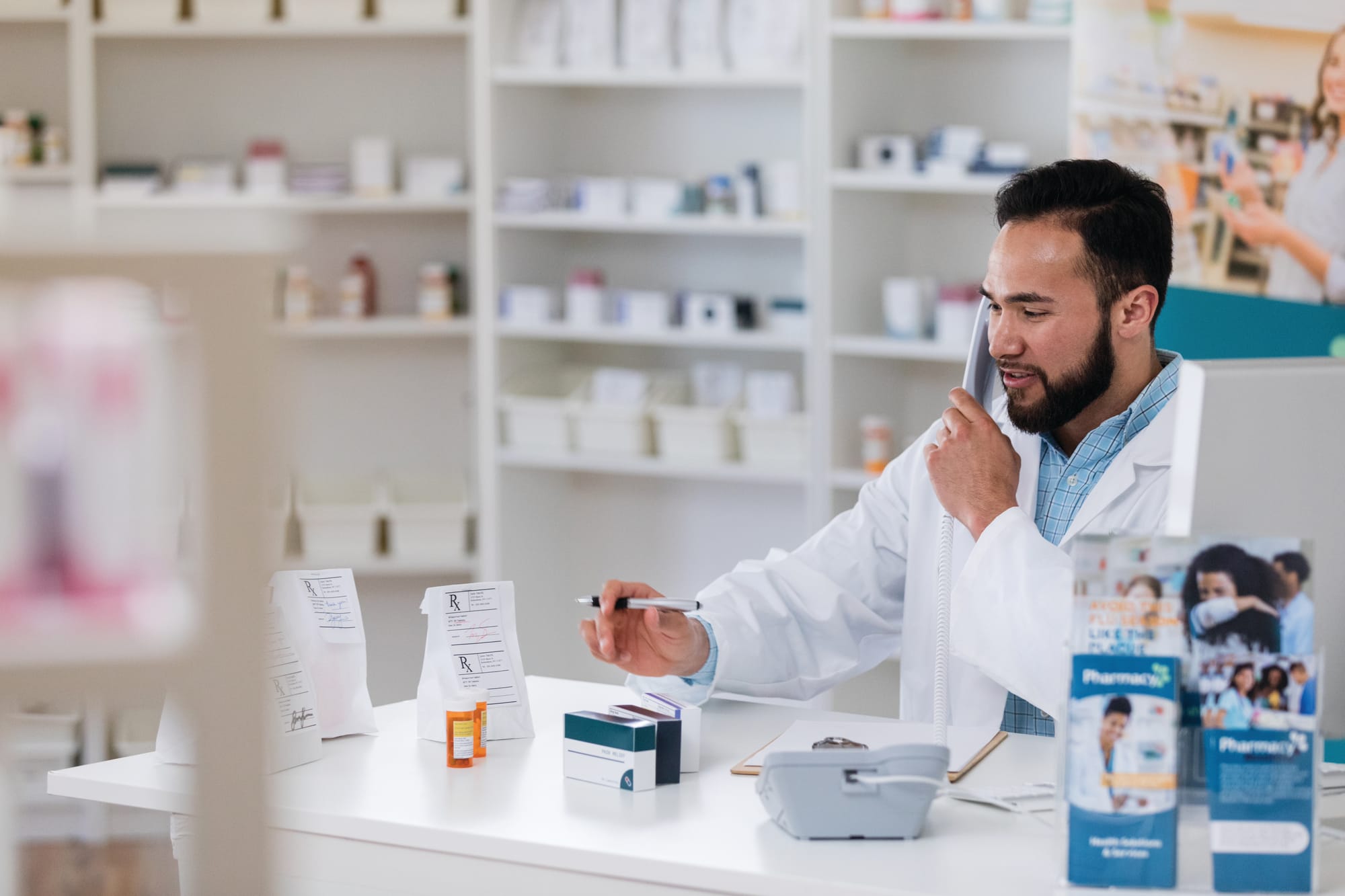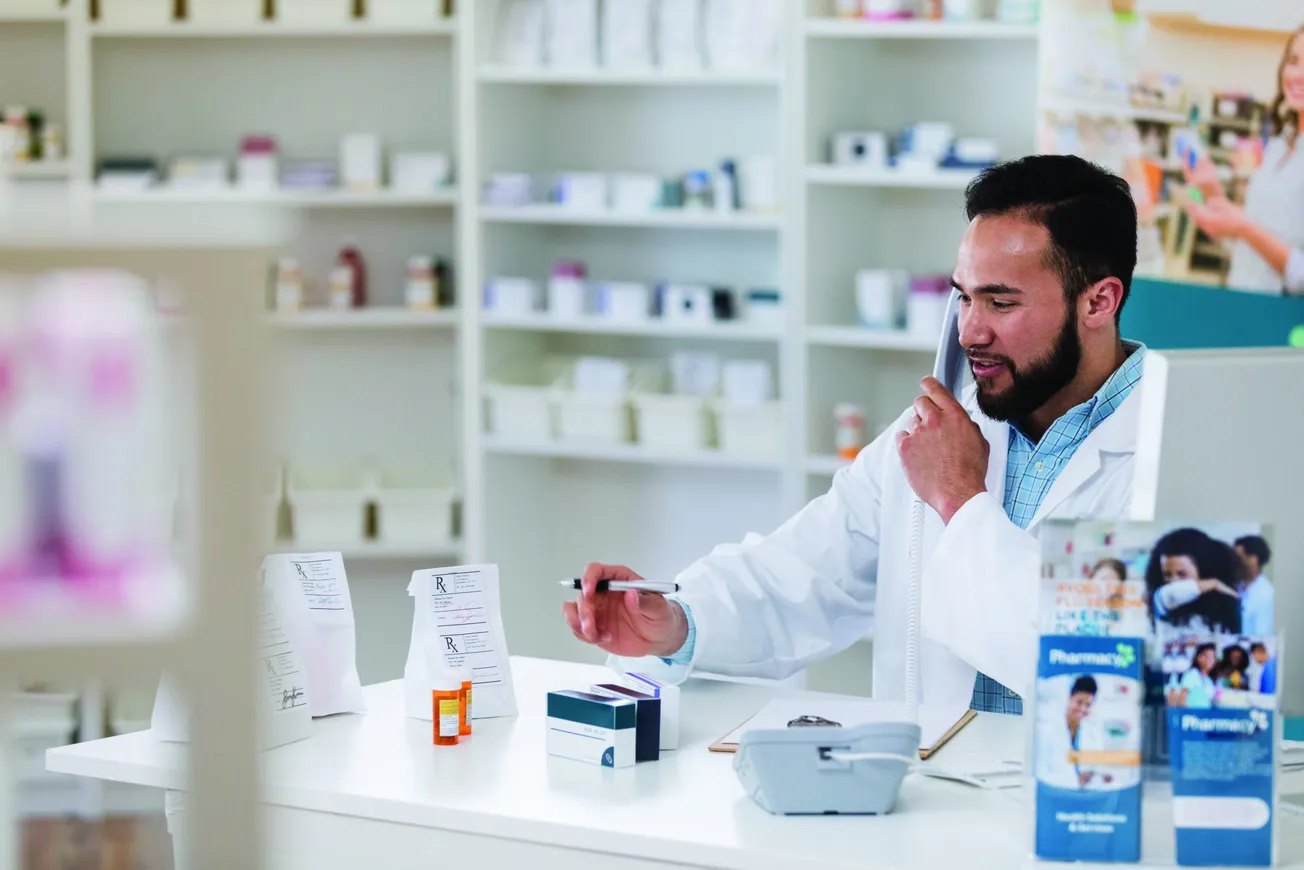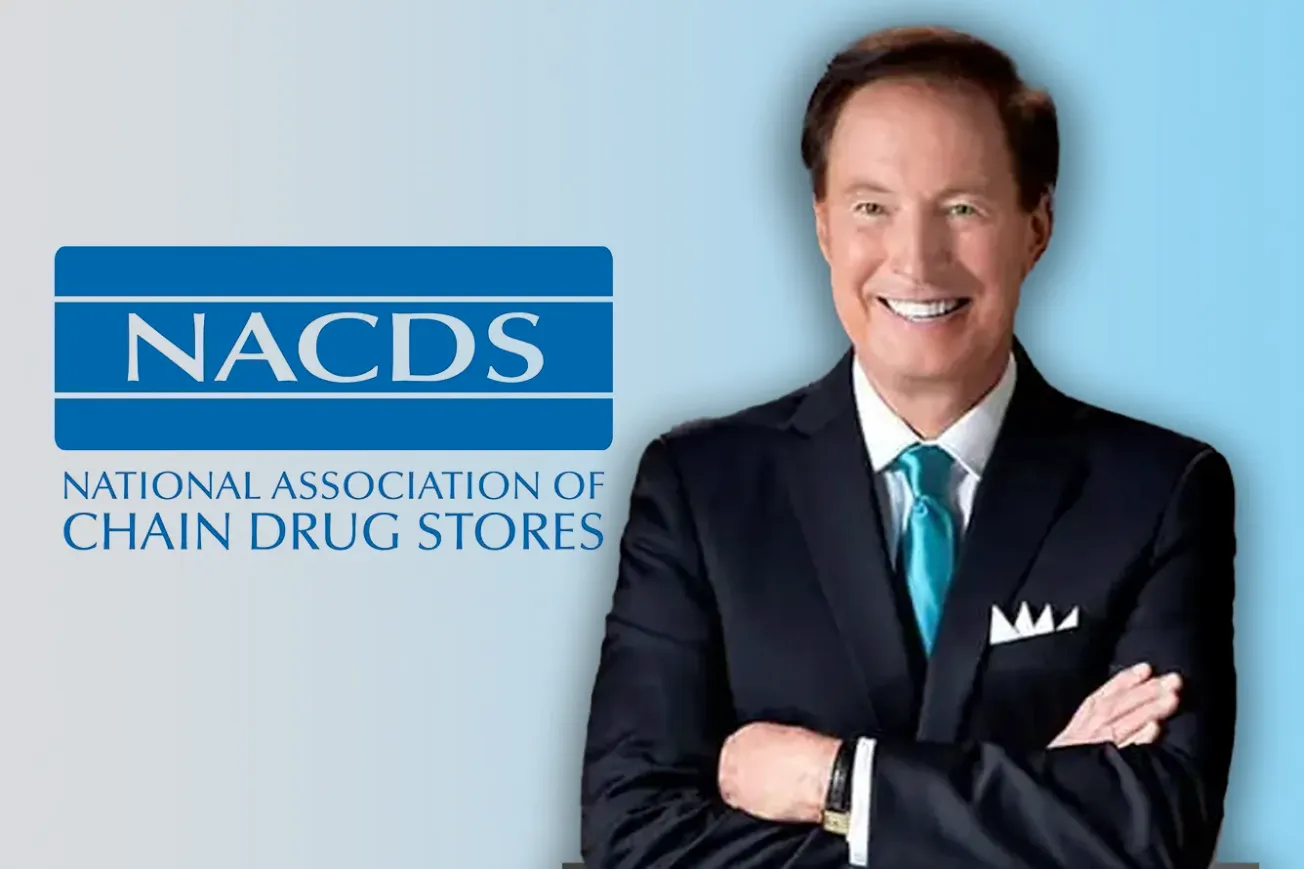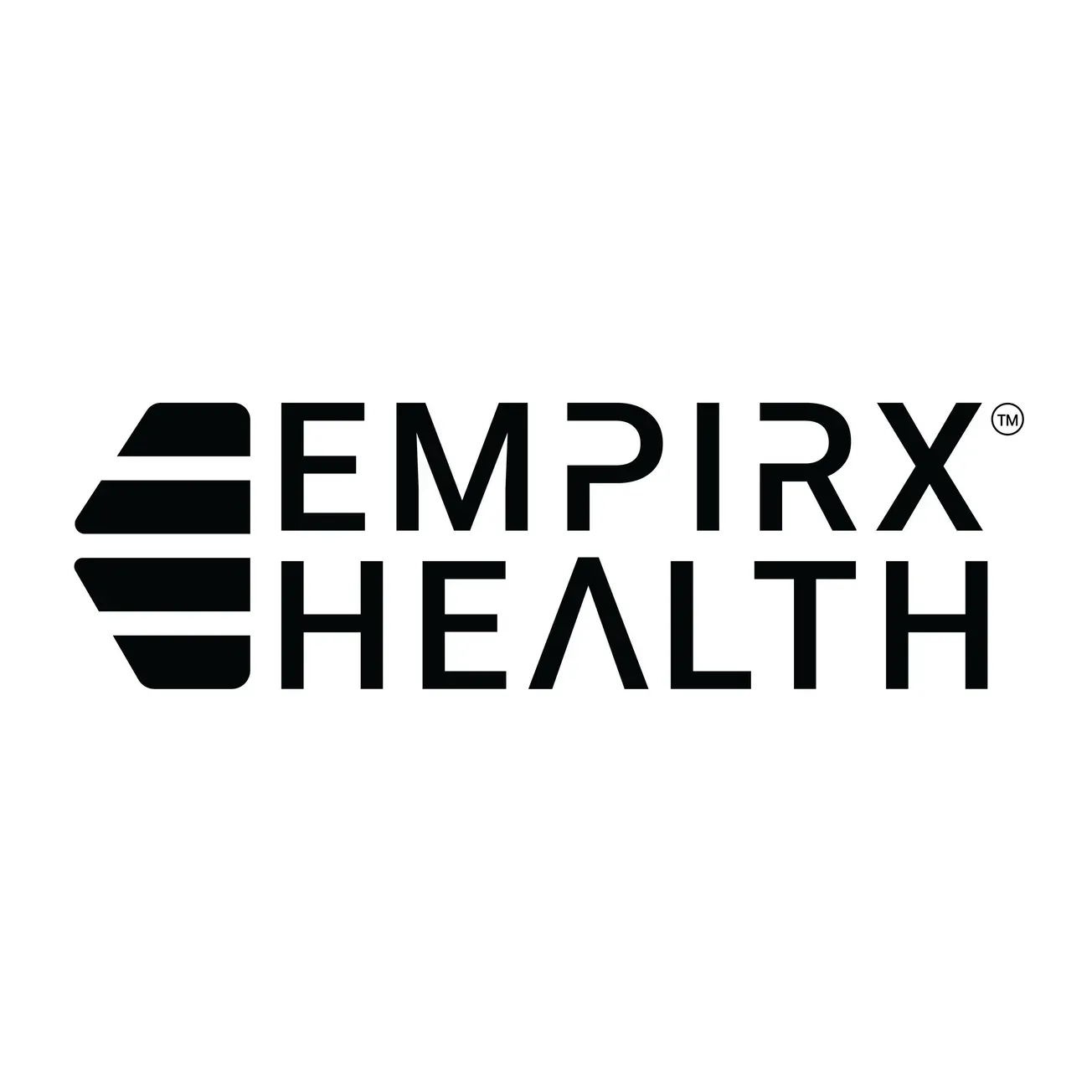Traditionally, pharmacists have been somewhat excluded from the fight against cancer.

However, the increasing availability of at-home screening tests presents an opportunity to change that, and the timing couldn’t be more critical.
Cancer is striking more people than ever before, and at an earlier age, according to the American Cancer Society. Especially concerning is the rise in colon cancer – now the number one cause of death among men under 50 (and second for women under the age of 50).
The disturbing trend is leaving many to wonder if even earlier screening for colon cancer might be needed. However, lowering the age for recommended screenings is less important than making sure that people actually get them. More than 1 in 3 adults 45 or older has not been screened, according to the American Cancer Society.
As pharmacists well know, many issues factor into this unacceptable reality. Chief among them is the fact that colonoscopies simply aren’t something people look forward to – for obvious reasons. The procedure can be time-consuming, invasive, and uncomfortable for some. Then there’s the issue of cost. Not all colonoscopy procedures are fully covered by insurance, leaving patients with hefty bills.
The good news is that the rise in at-home testing means consumers can now screen for colon cancer in the comfort of their homes. By offering this more convenient and discreet approach to testing, pharmacists can enable more people to screen for early warning signs well in advance, and reverse the disturbing trend in colon cancer we are witnessing across the country.
As the landscape of colon cancer screening evolves, pharmacists have the opportunity to play a pivotal role in guiding consumers through the array of at-home testing options. Some tests are available to purchase off the shelf in local stores or online. Others may require a prescription, a trip to the doctor’s office or are on the cusp of being approved. Newer options, like ColoTest, can be done entirely at home and come with the added benefit of screening for diverticulitis and colitis, which have been increasing in young people as well. Understanding these nuances can empower pharmacists to help people take control of their health, increase CRC screening and potentially catch colon cancer cases sooner.
Here’s an overview of what pharmacists need to know:
- A fecal occult blood test (FOBT), is a stool test that detects an enzymatic reaction caused by invisible blood in the stool – a key warning sign for colon cancer. Some of these tests can be challenging because they involve collecting multiple stool samples over several days. Diet restrictions must also be considered to ensure the test is effective.
- A fecal immunochemical test (FIT), also called iFOB, is another stool-based test that detects hidden (or, occult) blood in the stool – a key warning sign for colon cancer, diverticulitis, gastrointestinal disorders, colitis and polyps. One such test is ColoTest. With ColoTest, users not only collect the sample at home but also receive their results at home in as little as one minute. It is available over the counter at an affordable cost to purchase out of pocket; there are no age or dietary restrictions and it’s recommended for use once a year.
- ColoGuard is a stool DNA test for people 45 and older. While there is no prep involved, the test does require a prescription, as well as mail-in lab analysis, and typically goes through insurance. Cologuard is also only recommended for use every three years.
- A blood test for colon cancer offers to detect the disease by analyzing biomarkers in the bloodstream. It is still in development and undergoing clinical trials, so, while some patients are using them, they are not covered by insurance and can cost consumers upwards of $900 per test.
Colonoscopies have been, and will remain the gold standard for detecting colon cancer. Besides spotting tumors, they can prevent the disease by removing precancerous growths called polyps. But even though alternate tests may not be as thorough and effective as colonoscopies, they may prevent consumers from forgoing screening altogether. After all, isn’t any screening better than none?
This shift towards at-home testing will not only transform the way we approach colon cancer screening but also presents pharmacists with an unprecedented opportunity to expand their role in patient care. Armed with their expertise in medications and healthcare, pharmacists are well-positioned to guide patients through the process of selecting and using these at-home tests, fostering closer relationships with patients and contributing significantly to fight against cancer.
Jeffrey Reese is the president of Reese Pharmaceutical.









